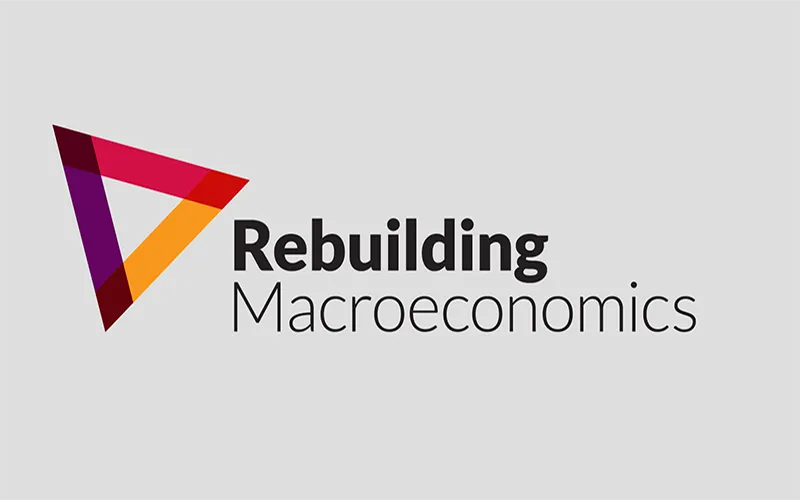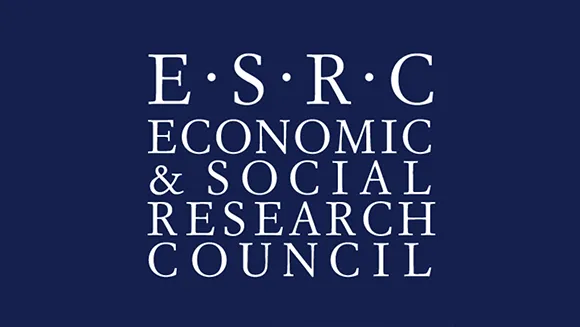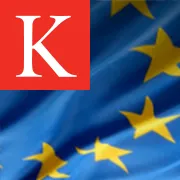The household is a historically specific way of organising social relations. It is one that has become deeply integrated into market society and features prominently in early macroeconomic thinking about redistribution. While current macro-economic policy-making treats the household as a black-box, we consider the households as a central institution in configuring macroeconomic relations such as monetary policy and inequality. We interrogate the household as an economic institution from both top-down and bottom-up perspectives and through in-depth qualitative methods.
This pilot project combined in-depth qualitative investigation with action-research methods to produce ‘proof of concept’ that the household is a heterogenous institution capable of influencing macroeconomic phenomena and is, therefore, relevant to public policy. This conceptualisation is not reflected in current economic framings used in public policy, in which the household is predominantly understood as a unitary representative agent. This pilot study used qualitative methods to investigate how ideas about the heterogenous household, and its role in the economy, form recognizable cultures of expertise. Firstly, through ‘bottom-up’ everyday understandings of the household’s participation in the economy; and, secondly, through ‘top-down’ technocratic understandings of how households are integrated in economic modelling and policy.
The purpose was to locate common modes of intersubjective meaning-making in top-down and bottom-up cultures of expertise, especially where and how they overlap in the macroeconomic institutional landscapes of monetary, fiscal or regulation policy. The action-research component of this pilot study developed the identified ‘top-down’ and ‘bottom-up’ modes of expertise and used them to engage with economists working in the policy community. The purpose was to identify the most useful tools for ‘opening the black-box’ of the household.
The interdisciplinary nature of this pilot project seeks a conversation with macroeconomic policymakers, to develop conceptual tools that produce a better understanding of how the real-life everyday economic activities of the household take part in producing macroeconomic outcomes. This is relevant because the household perspective is excluded from the prevailing expertise in academic macroeconomics and not reflected in policy tools used within governmental institutions.
Our team
We’re an interdisciplinary team across King’s College London (@KCL), Cardiff University (@CUSocSci) and SOAS University London (@SOAS). This project is part of the Rebuilding Macroeconomics Network (@RebuildMacro), and the National Institute of Economic and Social Research (@NIESRorg).
Dr Johnna Montgomerie, Reader in International Political Economy at King’s College London and Principle Investigator of ‘Opening-up the black box of the household’
Follow: @j_montgomerie @kingseuropean
Dr Ryan Davey, Lecturer in Social Anthropology at Cardiff University
Follow: @RyanDavey284
Dr Mareike Beck, Leverhulme Early Career Fellow at King’s College London
Dr Sara Stevano, Lecturer in Economics at SOAS University of London
Follow: @SaraStevano @SOASEconomics
Funding
This research pilot project is funded by the Economic and Social Research Council (@ESRC), via the Rebuilding Macroeconomics Network (Grant Ref: ES/R00787X/1).
Podcast
Financial Recovery from COVID-19
This podcast is one of a two-episode podcast series presented by the Department of European and International Studies at King’s College London. The series examines innovative ideas that can bring financial recovery from COVID-19 – concentrating households’ financial stability and offering debt relief for those suffering from COVID-19 induced hardship.
Episode one: Opening the Black Box of the Household
Listen here
The podcast explains why the financial recovery from COVID-19 should start with the household. It makes the case for why understanding the heterogenous relations within and between households is key in order to find a way forward from the economic and financial fallout from COVID-19.
Episode two: Should we abolish household debt?
Listen here.
In the second episode, the team presents an innovative and disruptive solution to the economic crisis caused by COVID-19 – a financial bailout of the everyday household.
Contributors and affiliations:
- Dr Johnna Montgomerie, Reader in International Political Economy at King’s College London and Principle Investigator of ‘Opening-up the black box of the household’
- Dr Ryan Davey, Lecturer in Social Anthropology at Cardiff University
- Dr Mareike Beck, Leverhulme Early Career Fellow at King’s College London
- Dr Sara Stevano, Lecturer in Economics at SOAS University of London
With contributions from:
- Professor Gary Dymski, Professor of Applied Economics at the Leeds University Business School.
- Dr James Wood, Teaching Associate in Political Economy and part of the Fellowship at Trinity Hall at Cambridge University.
Subscribe via iTunes, Spotify, Tunein, Stitcher, and Deezer.
Our Partners

Cardiff University

SOAS, University of London

King's College London and Affiliates

Rebuilding Macroeconomics


